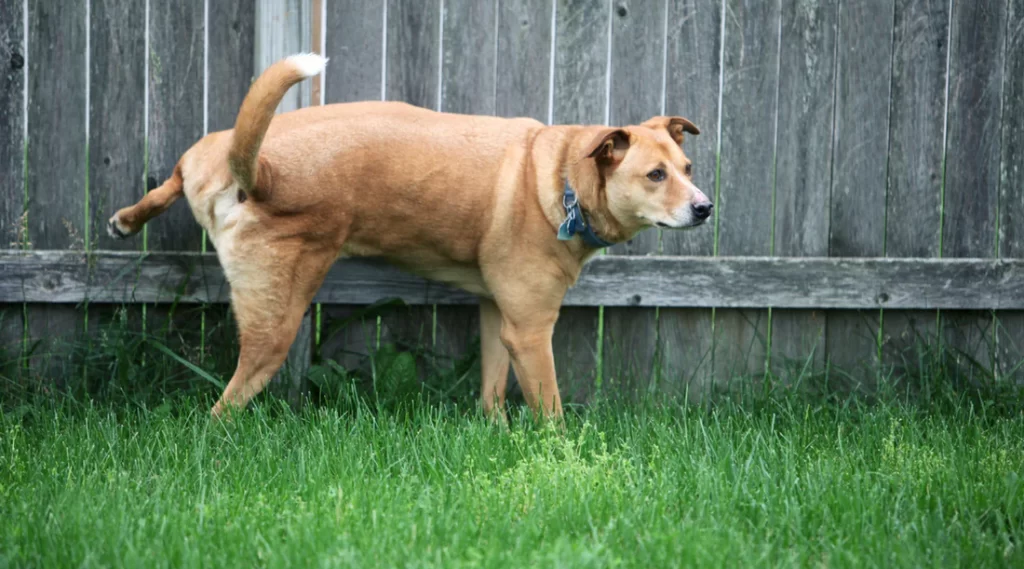Eliminating dog urine smell from your home and carpets can be a challenging task, but with the right approach, it is entirely achievable. The key to success lies in acting promptly and using effective cleaning techniques that not only mask the odor but completely neutralize it. When dog urine seeps into carpets, it penetrates deep into the fibers and even into the padding underneath, making it difficult to remove the smell by simple surface cleaning. The first step in tackling this issue is to blot up as much of the urine as possible immediately after the accident occurs. Using paper towels or clean cloths to absorb the liquid prevents it from soaking further into the carpet and subfloor. Avoid rubbing, as it can push the urine deeper. Once the area is dried as much as possible, the next important step is to use an enzymatic cleaner specifically designed to break down the proteins and bacteria found in dog urine. Unlike regular household cleaners, enzymatic cleaners contain natural enzymes that digest the urine molecules, effectively neutralizing the smell rather than just covering it up.

If you do not have an enzymatic cleaner on hand, a homemade solution of white vinegar and water can be a useful alternative. Vinegar’s acidic nature helps neutralize the alkaline salts in urine that cause the odor. Mix one part white vinegar with one part water, spray it generously over the affected area, and let it sit for about 10 to 15 minutes before blotting it up with a clean cloth. Let the baking soda sit for several hours or overnight, then vacuum it thoroughly. Baking soda is a natural deodorizer and works wonders on stubborn smells. For severe or old urine stains that have penetrated deeply into carpet padding, professional carpet cleaning services may be necessary. These services often use industrial-grade steam cleaners combined with specialized detergents that can reach deeper layers and completely remove odors. It is also essential to address the underlying behavior causing the urine accidents to prevent repeat incidents. Training your dog to urinate outside or on designated pads, taking frequent bathroom breaks, and using deterrents like citrus sprays on carpets can help in the long run.
Using enzymatic cleaners, natural odor absorbers like baking soda and vinegar, proper ventilation, and preventative training are all part of a comprehensive approach. With these steps, you can enjoy a clean, fresh-smelling home where both you and your furry friend feel comfortable. Additionally, keeping your dog hydrated and monitoring their health can reduce the chances of inappropriate urination caused by medical issues. Using odor-eliminating sprays and air purifiers can help improve overall air quality and minimize lingering smells in your home. Regularly washing your pet’s bedding and toys also reduces odors that can mix with urine smells and create a more noticeable issue. Lastly, ventilation plays a crucial role in eliminating odors. Open windows and use fans to circulate fresh air, helping to dissipate any remaining urine smell. Combining proper cleaning techniques, behavioral training, and good air circulation ensures a fresh-smelling home free from dog urine smell. With patience and consistency, you can maintain a clean environment that is pleasant for both you and your furry friend.